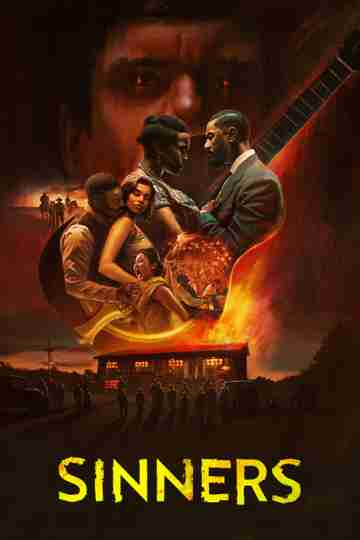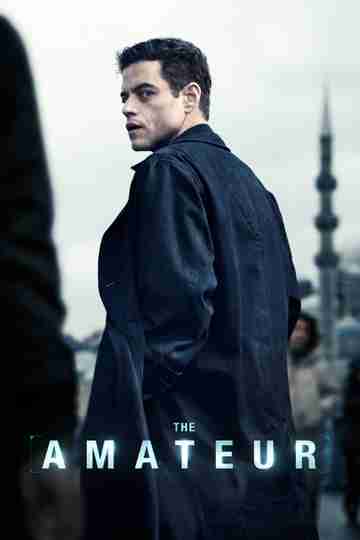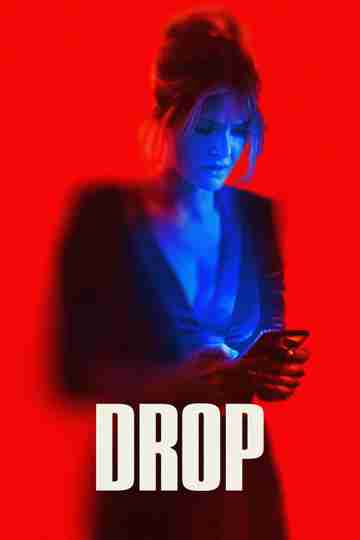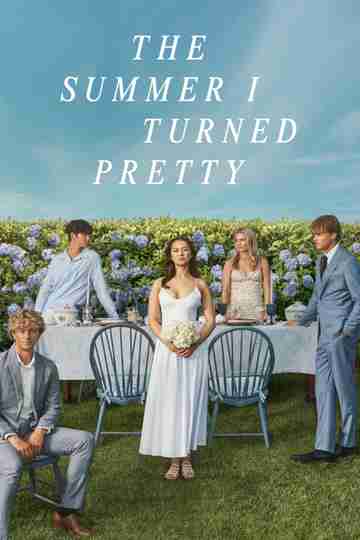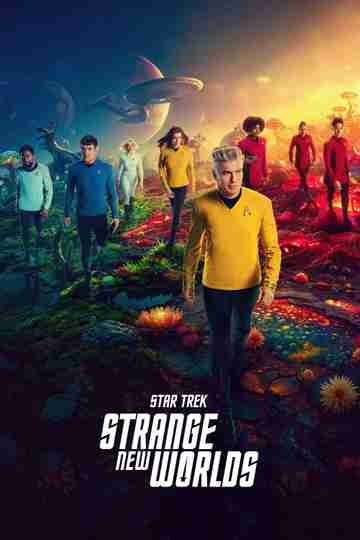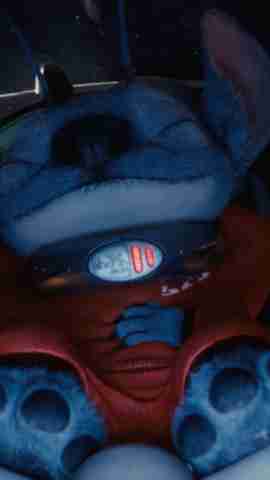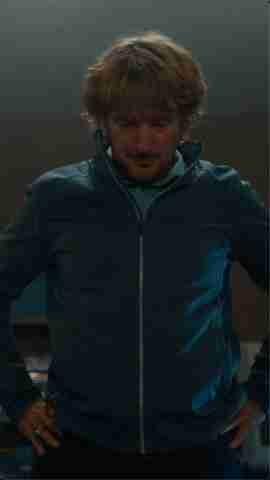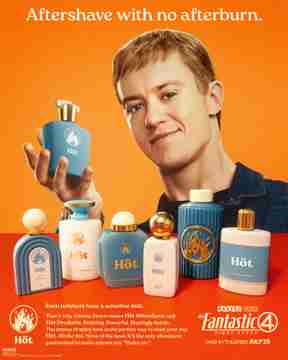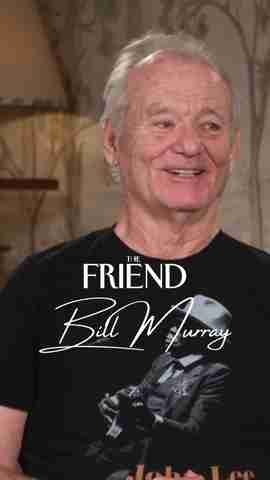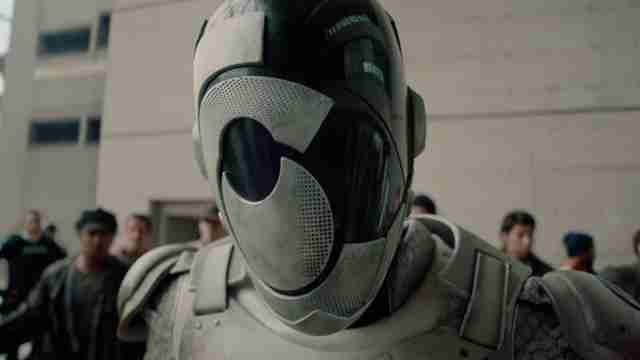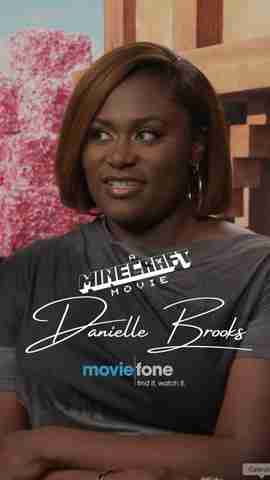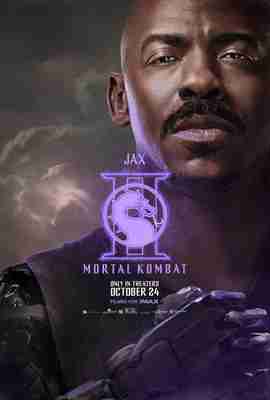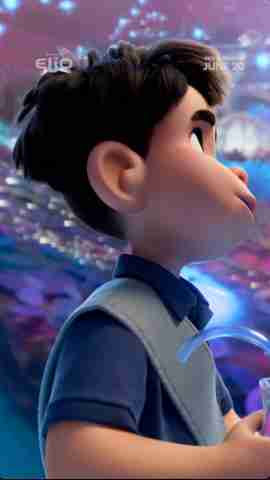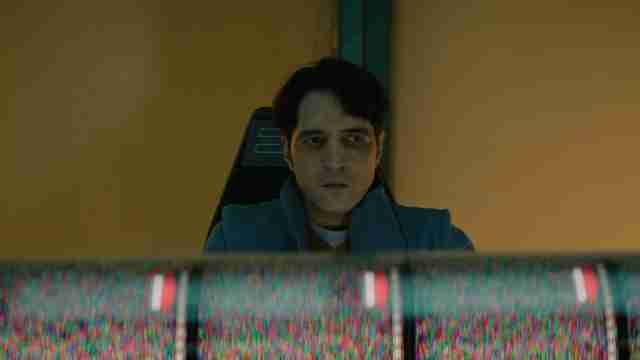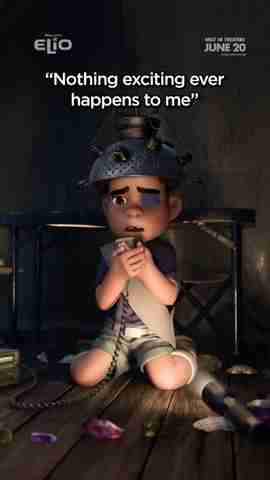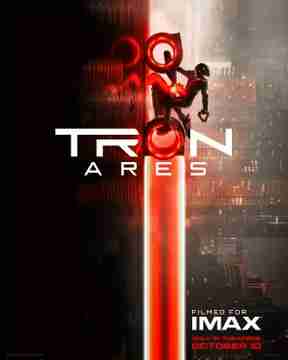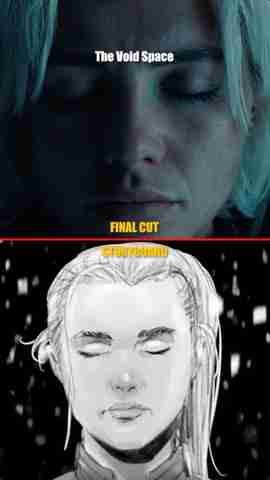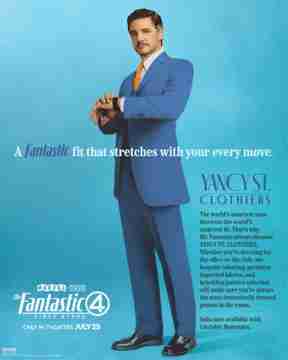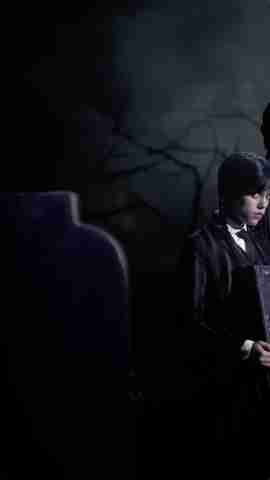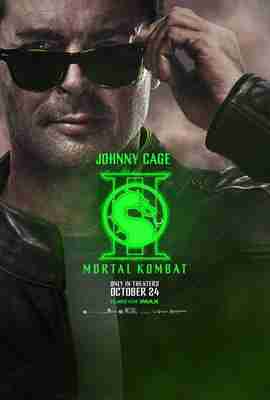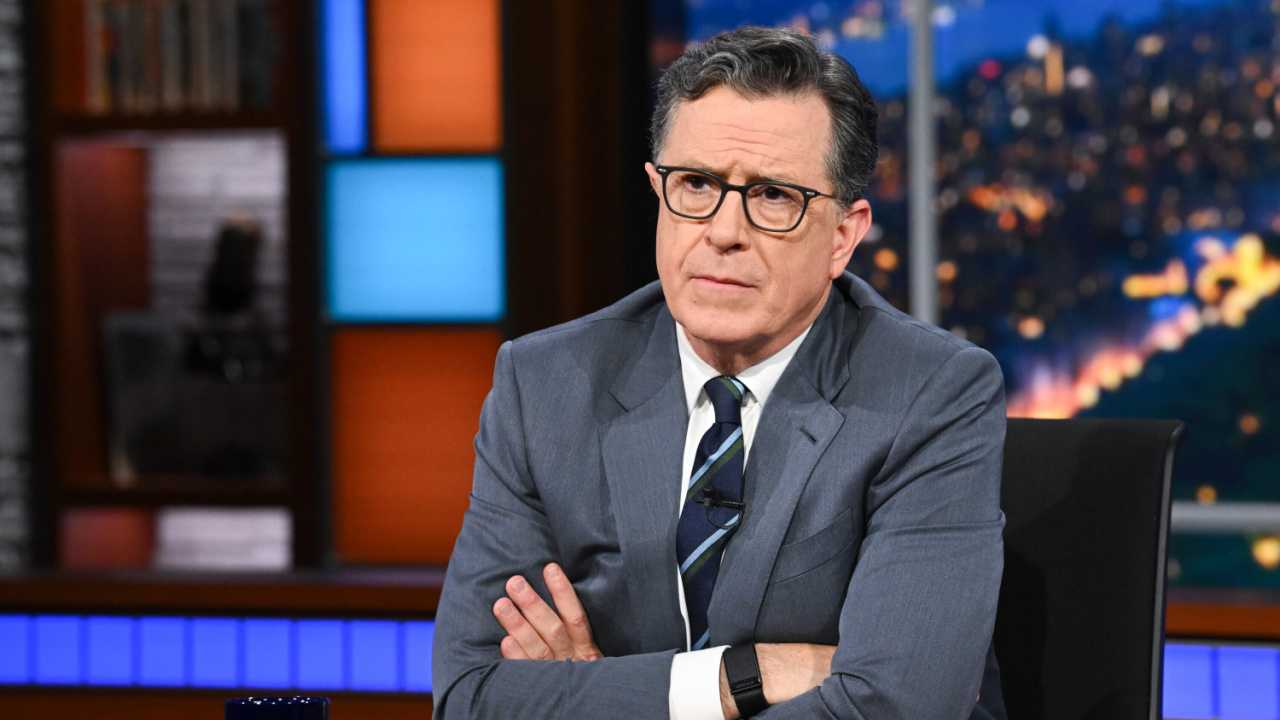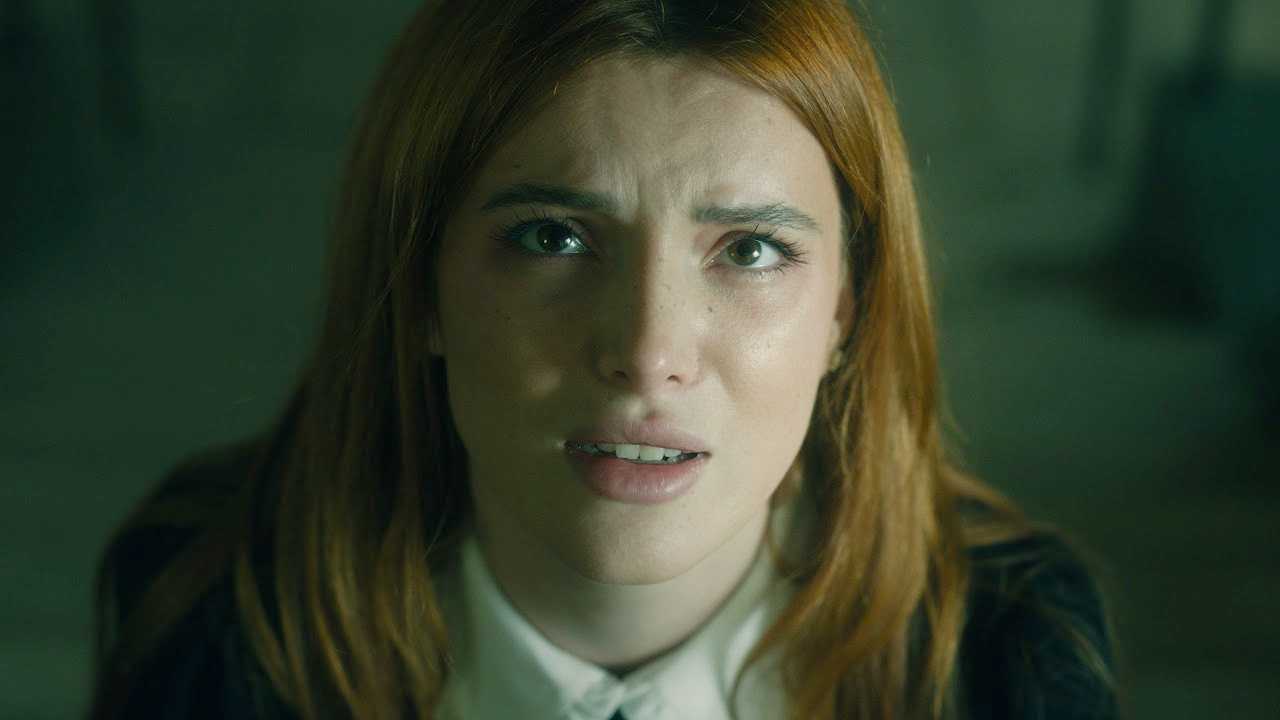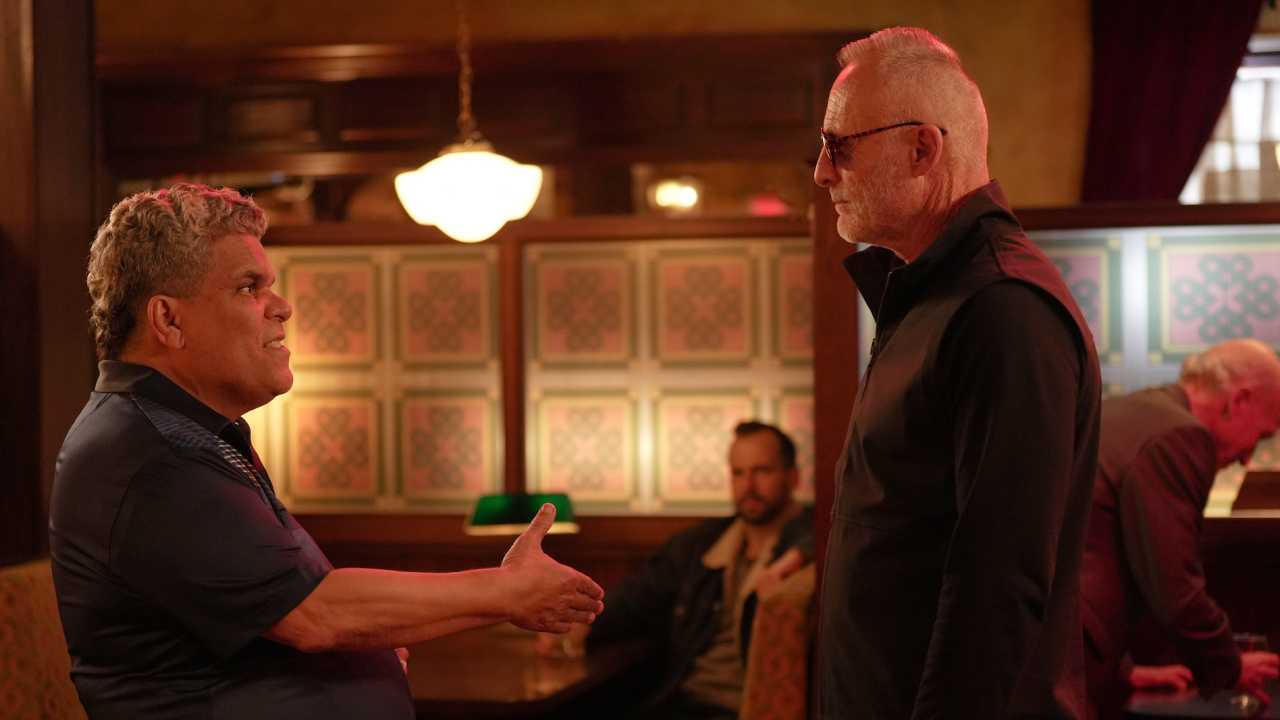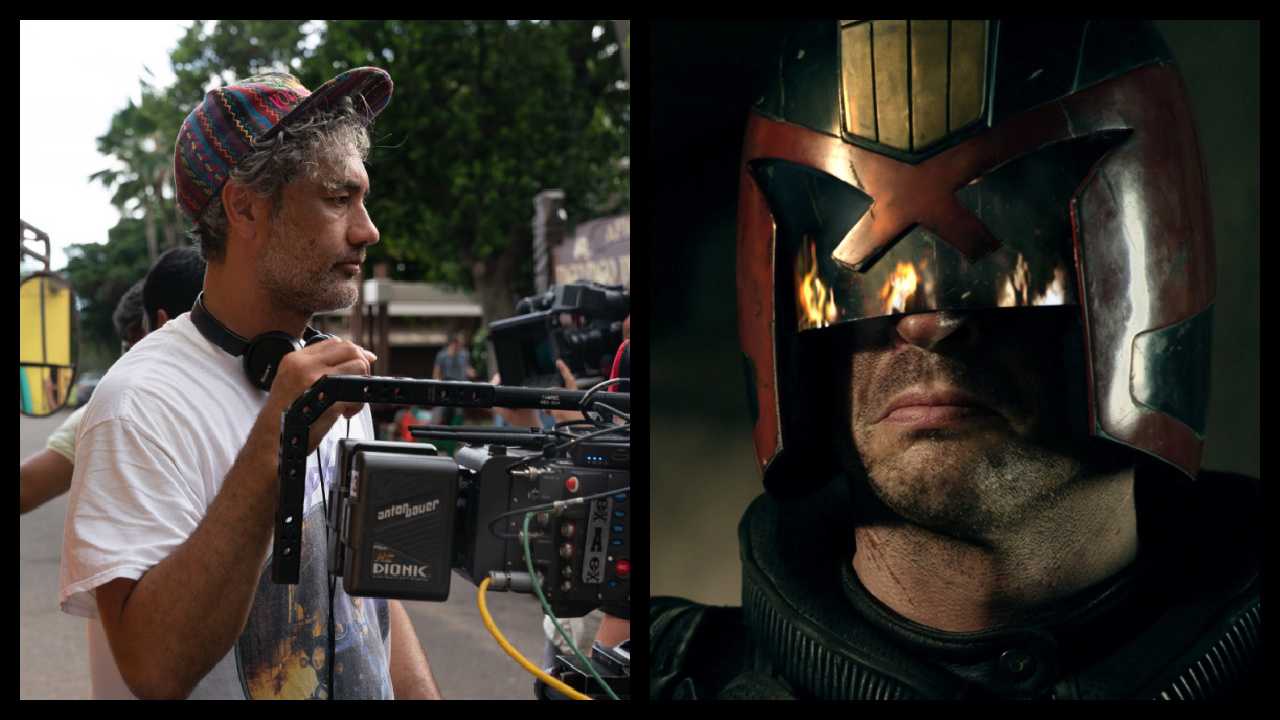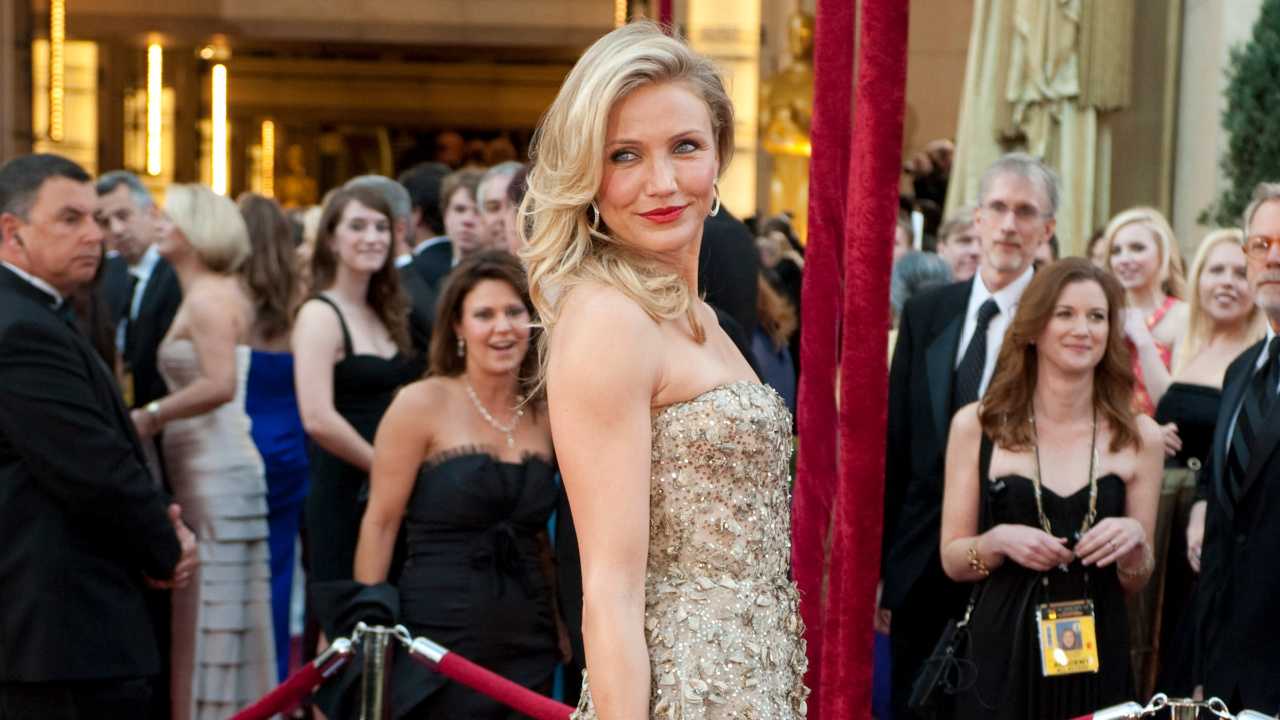Hugh Laurie Teases 'Remarkable' New Series 'Chance'
House. For another, it's for playing a character from one of his favorite novels.
Laurie's 2016 nomination marks his seventh appearance in an acting category, this time for Outstanding Supporting Actor in a Limited Series or Movie for his portrayal of the corporate titan/arms dealer Richard Roper in the six-part adaptation of novelist The Night Manager," which aired in the U.S. on AMC.
Not only is the actor marking a fresh return to the Emmy ceremony, he's also embarking on a return to a central role series television with "Chance," another novel-based potboiler already granted two seasons on Hulu, debuting Oct. 19. Chatting with the media after previewing the series at the Television Critics Association's press tour, Laurie revealed the pleasures of having literary source material to draw from, and the unexpected challenges of bringing a comedic touch to dramatic material and vice versa.
You certainly know what it's like to be Emmy nominated, but to get this latest one for a different character than House, what was the special feeling about this nomination?
Hugh Laurie: Oh, that was a very big thrill. I know this is going to sound cheesy, and you're going to doubt my word, but honestly, what was a bigger victory for me was that the whole show -- I think we got 12 nominations in all, and the fact that the whole show got a sort of nod of approval from one's peers, that was an enormous thing, and In the various sort of departments that we got the approval of our peers is an incredible thing.
Because I've loved that story for so long, and 20-odd years later we finally got to put it on the screen. Of course after that amount of waiting, that amount of thinking about it, you worry that we're just going to come horribly unstuck and people are going to go, "Well, that was dull." So to have any sort of an approval at all is an incredibly welcome thing.
What was the great thing about having the book as a resource, and to have all that extra groundwork laid for you to draw from in your performance?
Oh, it was enormous. I mean, almost every day, the book was there all the time, and we would constantly be digging in and going, "Maybe we should get that phrase in, because that's such a beautiful phrase, and that expresses so much."
But honestly, if we hadn't had the book there, if we hadn't had ready access to it, and we hadn't had John le Carré occasionally visiting the set, I still would have felt incredibly supported by the story because it made such an impression on me 25 years ago, that that character has been so vivid in my mind ever since, and I read it many times since.
From the moment he first appears in the book, that character just stood up and yelled at me. I just thought, I could see this guy. I could see the way he moves and how he sounds and the way he dresses. Even though it was 25 years ago, he'd probably dress a little differently then -- I'm sure the collars were out to here! But still, I felt this is a very vivid thing that I sort of understand.
And you had a newer book for your latest project, "Chance" on Hulu -- what was that like to be able to have that as a resource?
That was great. It felt like a sort of roadmap for all of us. I love the book, and the book is one, by the way, I commend it to all of you for your summer reading. It's a wonderful novel. And this is a very rare thing.
I think what [executive producer] Alex [Cunningham] has done in her adaptation, it's very rare that you find an adaptation that captures a novel, even to the point of possibly surpassing it.
What she and [author/executive producer] Kem [Nunn] have done together is almost a step on from the novel, which is a really remarkable thing. Because normally, you read an adaptation and you're going, "Yeah, all the bits are there, but it just doesn't quite capture the essence of it." That's what I believe. You may think very differently when it's on your screen.
Your pilot was directed by Lenny Abrahamson, of "Room" fame. How did he help you and lay the groundwork for what the series will be?
You couldn't find a more perfectly suited character. Besides his immense skill as a filmmaker, he'd actually studied philosophy. He did a master's in philosophy at Berkeley, and he spent three years in San Francisco, knew this whole world incredibly well. Also, there may be two or three people involved that come from families of psychiatrists -- this is in everybody's DNA, for some reason.
And he was a wonderful companion, guide, and drinking partner. He's just absolutely very funny, very good, and he has that wonderful, what you're always hoping for from a director is that fine balance between the confidence of a clear vision, but also the other kind of confidence which allows you to alter that vision just to go with what's there.
Some people, they have the clear idea, but then they become so fixated on executing it that they can't accommodate any deviation. "We must follow the plan." But he's not like that at all. He's very sort of freeform, very relaxed, and a wonderful collaborator.
Was there fun and levity dealing with this very serious material?
I think you probably get more fun and levity from terrible, terrible stories than you do from comedies. I think probably, on the set of a comedy, everybody's going, "Geez, how are we going to get this joke to work? I don't know." Everyone's all sort of angsty about it. In actual fact, when people are making a story about suicide watch in a jail or something, they're probably laughing from dawn until dusk.
"House" was a bit of both.
Yes, he was. He was. Thank you for observing that. People often just say, "Well, he's so dark." And I thought, "Yeah, but this is a brilliantly funny show." Thank you. We had both.
We agonized over, "How do we make this joke work?" And we also had the sort of gruesomeness of, you're sitting with a scene and someone is mourning the death of a relative or loved one, and sometimes, the only way to release that tension and that worry is to laugh. You have to, because the brain can't deal with a sort of constant grief. In real life, I think the brain goes into a sort of self protective comic mode as a way of dealing with it.
How was your recent experience on "Veep," which was a more straightforward-style comedy?
Well there, honestly, I felt like the luckiest spectator! It was like I had the best seat in the house. I would have cheerfully just stood there and not had any lines. I'd cheerfully played a Secret Service agent, just with my finger like that, and just watch them do it.
I think that is one of the most astonishing casts ever assembled, given its size. I mean, it's like 20 or so characters, each one of whom beautifully done. And of course, Julia [Louis-Dreyfus] is just ... She's the best there ever was! I think we will look back and say, "Boy, yeah. She was making that show when I was around."

